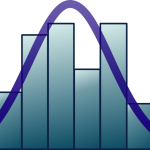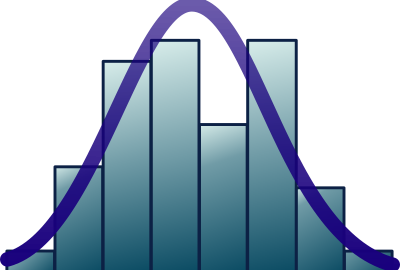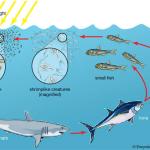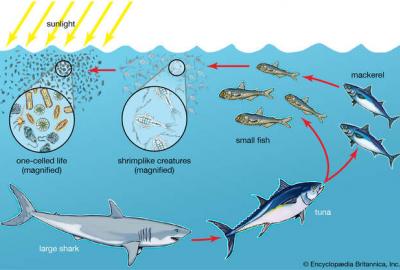Statistical analysis in population ecology
This course aims to provide the theoretical and applied basis for statistical analyses of population dynamics. By providing an inferential background in likelihood and an introduction to Bayesian inference students will be equipped to analyze the oftentimes complicated experimental and observational data that arise in population ecology. It will develop students’ understanding of population ecology and accompanying statistical methodology and provide for student independence through a thorough understanding of the open-source R statistical environment. Finally it will equip students to run Bayesian analyses through an introduction to applied Bayesian inference via WinBUGS.
Course Contents
- An introduction to R.
- Probability theory of relevance to population dynamics.
- Likelihood-based inference.
- Maximum likelihood estimation.
- Bayesian inference.
- WinBUGS.
- Density-independent population growth.
- Density-dependent population growth.
- Trophic interactions.
- Stochasticity.
- Environmental drivers.
- Population harvesting.
- State space analysis.
Final Competencies
1 Demonstrate an understanding of the underpinnings of statistical inference.
2 Apply R programming skills.
3 Describe the theory of population dynamics.
4 Develop and apply advanced statistical models to population dynamics data.
5 Draw inference from population dynamics.
6 Describe Bayesian inference as applied to population dynamics.
Additional information regarding teaching methods
- This module utilises a case study approach, seminal research papers are evaluated and discussed by the learners.
- The module also utilises a role play component, where learners must adopt a viewpoint supported by available evidence in debate with their peers tasked with holding opposite viewpoints.
Further course information can be found here: https://studiekiezer.ugent.be/studiefiche/en/C004334/2021




